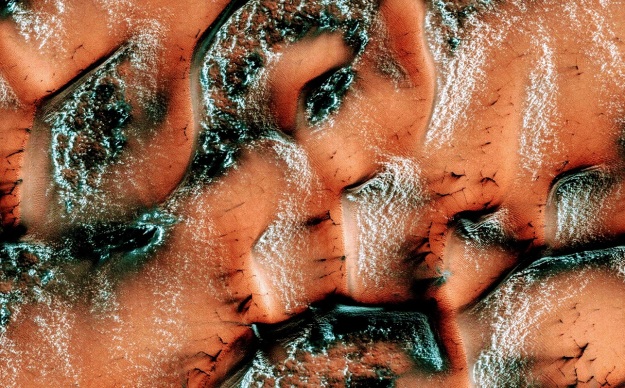Use of Writing Prompts
Following on from previous thoughts about inspirations for writing, I have been contemplating a little, as I edit, on the role and use of writing prompts as inspiration.
It is true, of course, that all writing is in some way ‘prompted‘. What I’m thinking about and want to discuss just a little, is the role and use of specific prompts, like:
. a word
. or a phrase
. or an image
. etc
Politika of the Pipples – capturing an apocalypse
The first poem that made me feel like a true poet/writer was called Politika of the Pipples, written for a spoken word competition away back around year 2000 or 2001. Politika was written in response to a phrase that had to be included entire within the body of the poem. The phrase was outlandish – who will be left to play the post-apocalyptic violin. I now realise it was most likely intended to inspire a speculative fiction (after-the-next-war) type of response.
I went off in a different direction. There are many kinds of apocalypse, and many different ways and needs to cope with them.
We are seeing some of this in the USA as I write, I think, and I truly am amazed at how relevance seems to reinvent itself.
Using Picture Images as Inspiration
The collection that I have been editing this last day or two is The Last of Eden, for which I’ve brought together a range of poems written in response to images used as writing prompts on various online sites I follow, when I have a chance. I’ve been a little amazed at the journey that each image has inspired. Complete stories that relate intimately to the picture that inspired them.
A couple of examples:
. a surprise (I do not like) and we who are mice (will dance) – inspired by a single image (an elephant shaking a tree).
. watery – a girl with a fishing rod is, herself, riding atop a fish.
Contemplating these images and the responses they inspired has led me to think about the process. What is it that allows me to use an image as inspiration for a flight of fancy that becomes a story and a poem?
What is Needed to Use Prompts Creatively?
There is a certain quality required, I think, to optimise the use of writing prompts and (particularly) images creatively. It is a requirement of selflessness. Allowing the image to assume a voice and a life separate from the writer, and that is of the prompt, itself.
I’ll hark back to my first example (above) of politika of the pipples. I struggled initially with the prompt phrase. The writing event was one that I, as a writer, very badly wanted to enter and do well in, but I could find nothing in my life – of me – that might make sense of it. As a writer to that point in my fledgling writing career (and since, largely) I wrote true things, like:
. the things I saw
. or the things I thought
. or things that other people saw or thought
Where did Politika of the Pipples Come From?
The inspiration that came to me was the recollected language, style, and manner of male European emigres – primarily from Croatia (old Yugoslavia) – that I had encountered as a youth in ethnic Social Clubs occasionally visited by my parents. These men were passionately bombastic in their manner, speaking broken English with a great intensity of purpose.
Arguing, always arguing and endlessly plotting insurrection against the old country, from which they had fled. If argument alone could bring about revolution, these men would have won their war, easily.
The fellows that I recalled could speak naturally (and brokenly) of the apocalypse that had subjugated their country and the belated playing of violins. It was the collective voice of these men that spoke to Frenki, the apolitical poet in that poem. It was that voice that won the spoken-word competition.
Selflessness as Writer
Frenki the poet was the listener, the observer and bystander. He was not the subject, in any way. He was my representative on the fringe of someone else’s story.
This is the selflessness that I’m trying to explore a little.
It is why, I believe, I can now read the poems in The Last of Eden collection as though I am a stranger to them and appreciate where they work, where they need to be changed a little. In a few cases, why they don’t work and need to be discarded.
Can You Become Selfless as a Writer?
Every one of us is capable of seeing something within an image, a word or a phrase that is influenced more by their state of mind at a particular moment, than by objective observation of what is before them.
When you look at a picture, are you able to let yourself see into the image? Beyond the outline of what is there and into a possible life, a possible conversation?
What can you see in this image:

Is it most like a landscape, or is it the texture of an alien skin?, or perhaps a slice from a vegetable, seen up close?
Perhaps you can see it, the way I see it, as potential.
~

Pingback: Smorgasbord Blogger Daily – Monday 25th January 2021 – #WritingPrompts Frank Prem, Q&A D.G. Kaye, #Review by Claire Fullerton | Smorgasbord Blog Magazine
Pingback: What's in a picture? What's in a poem? - Frank Prem - Poet and Author